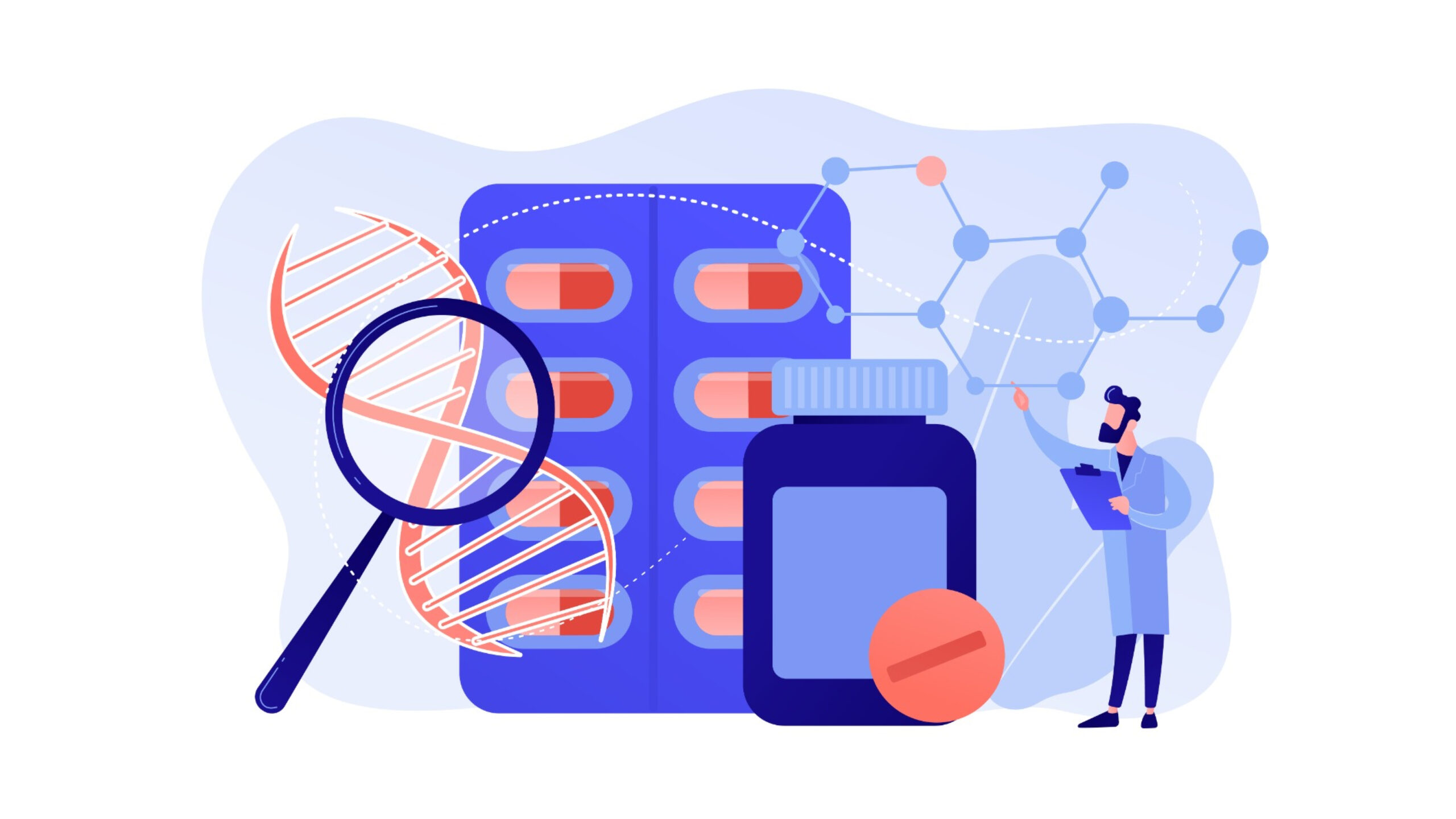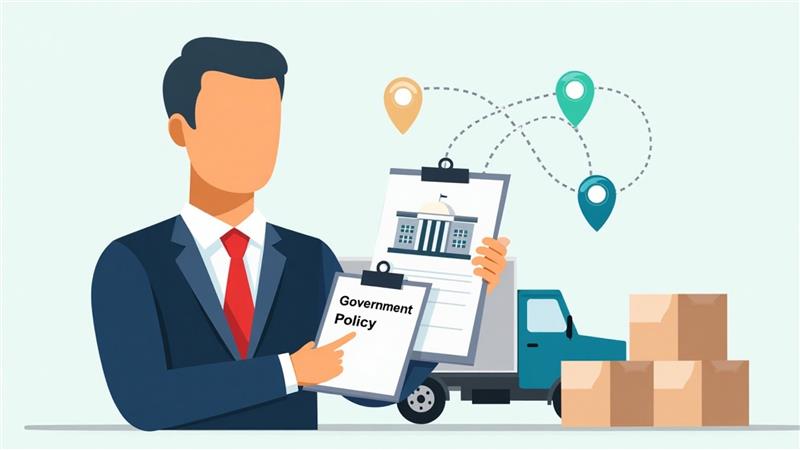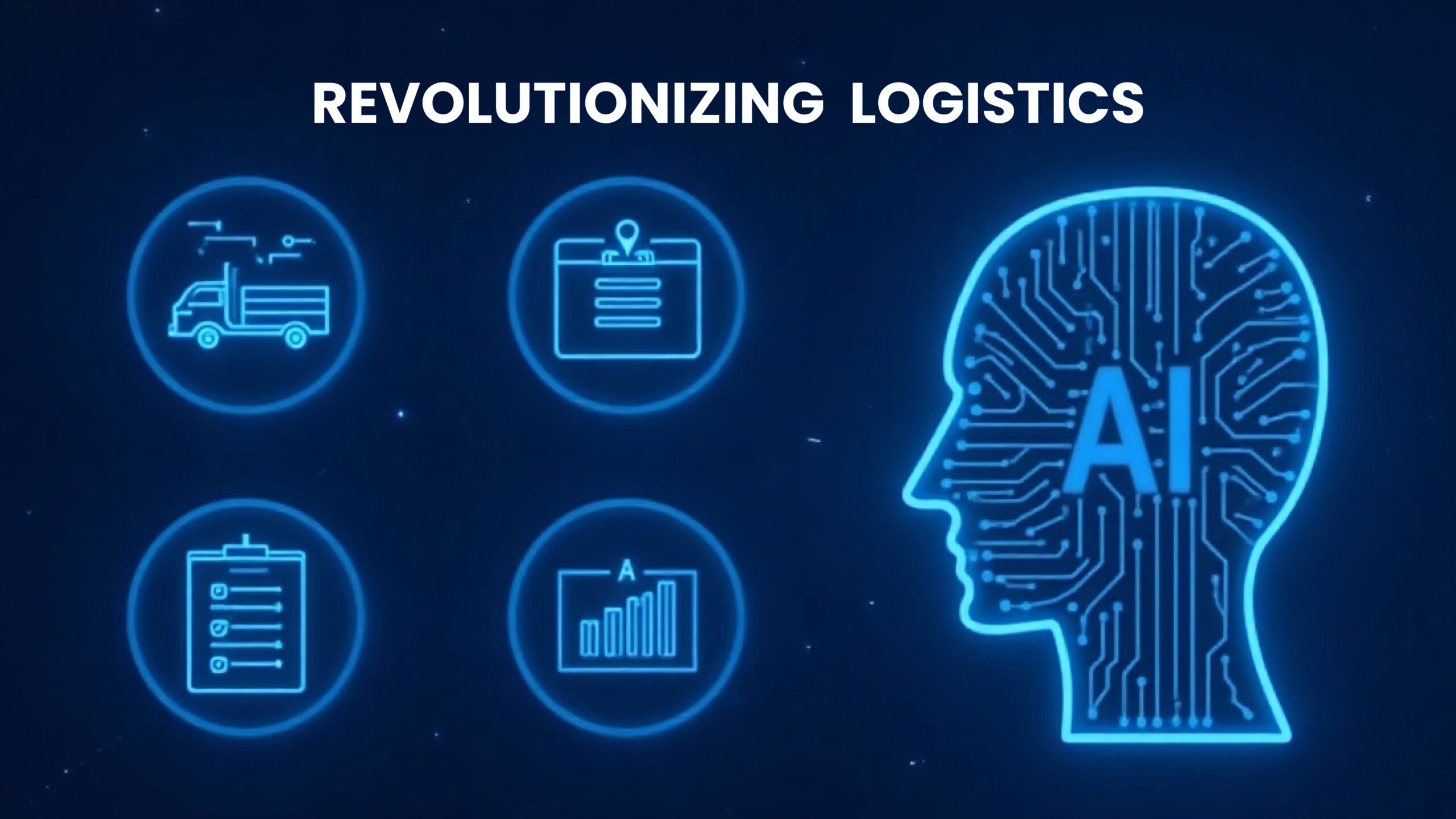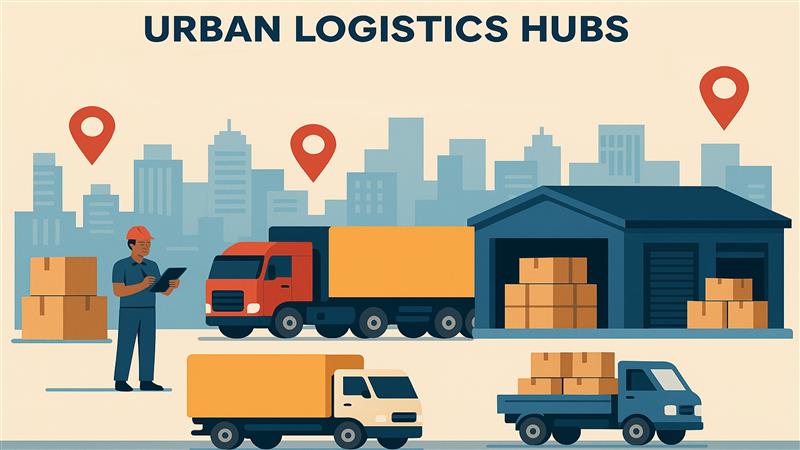Global healthcare and pharmaceutical companies are increasingly recognizing the strategic advantage of establishing Global Capability Centers (GCCs) in India. These centers are not merely cost-saving operational units but are evolving into critical hubs for driving innovation and digital transformation across various business functions. Global pharmaceutical companies are leveraging India’s unique ecosystem for strategic operations, including research and development (R&D), drug discovery, clinical trials, data management, regulatory compliance, supply chain management, finance and accounting, and HR. A significant driver of this evolution is the integration of cutting-edge technologies, particularly Artificial Intelligence (AI) and Machine Learning (ML), to revolutionize healthcare solutions.
India: A Powerhouse for Healthcare Innovation Fueled by AI and ML
India offers a compelling combination of factors that make it an ideal destination for healthcare-focused GCCs:
- Vast and Skilled Talent Pool: India boasts a large and diverse talent ecosystem, including a significant number of software engineers and AI/ML specialists. This readily available skilled workforce is crucial for developing and implementing sophisticated AI and ML solutions for healthcare.
- Cost-Efficient Infrastructure: India provides a cost-effective environment for setting up and operating GCCs, allowing companies to optimize their budgets and allocate more resources to critical areas like R&D. Most companies see cost savings of 30%-40% when working with Indian GCCs.
- Advanced Technological Adoption: GCCs in India are leading the way in implementing advanced digital solutions, including data analytics, AI, and ML. This technological prowess accelerates drug discovery, streamlines clinical trials, optimizes supply chains, and enhances various other healthcare functions.
- Streamline Clinical Trials: India’s large and diverse population offers an extensive patient pool for clinical trials, allowing you to test drug potency across different demographics. Furthermore, GCCs in India contribute significantly to the clinical trial process through data management, patient recruitment, regulatory compliance, and the application of advanced analytics.
- Enhance Supply Chain Management: AI and ML-driven solutions in Indian GCCs are optimizing supply chain management by improving inventory management, demand forecasting, and ensuring consistent drug availability.
- Supportive Government Policies: The Indian government actively supports the expansion of GCCs through initiatives like the “Make in India” program, which encourages foreign investment in pharmaceutical manufacturing and R&D. The National Health Policy also aims to boost healthcare solutions with a focus on local innovation. Furthermore, the $1.25 billion IndiaAI Mission strengthens the country’s AI ecosystem, making it easier for GCCs to adopt AI. Special Economic Zones (SEZs) and Biotechnology Parks provide essential infrastructure and tax incentives, further facilitating the growth of life sciences GCCs.
Leading companies like Pfizer and Johnson & Johnson are already leveraging their GCCs in India to utilize AI for streamlining clinical trial design and improving timelines. Similarly, other global healthcare entities recognize the immense potential of India’s talent and technological capabilities in driving AI and ML-powered healthcare innovation.
AI and ML: Transforming Healthcare Operations and Driving Innovation in Indian GCCs
Healthcare and pharmaceutical GCCs in India can leverage the power of AI and ML in numerous ways to both support day-to-day operations as well as fuel innovation:
AI Models for Predictive Healthcare, Drug Discovery, and Clinical Diagnostics:
- Drug Discovery: AI and ML algorithms accelerate the drug discovery process by analyzing vast datasets, providing computational chemistry and bioinformatics support, identifying potential drug targets, and predicting drug efficacy and safety. Tools like AlphaFold can rapidly model proteins, significantly speeding up R&D, and such tools have been adopted by healthcare GCCs in India.
- Clinical Diagnostics: AI-powered tools are being developed for faster and more accurate medical imaging analysis, enabling quicker and more informed clinical decisions. AI can also integrate patient history to predict disease progression and facilitate early detection.
- Predictive Healthcare: By analyzing patient data, AI models can predict potential health risks, allowing for proactive interventions and personalized treatment plans.
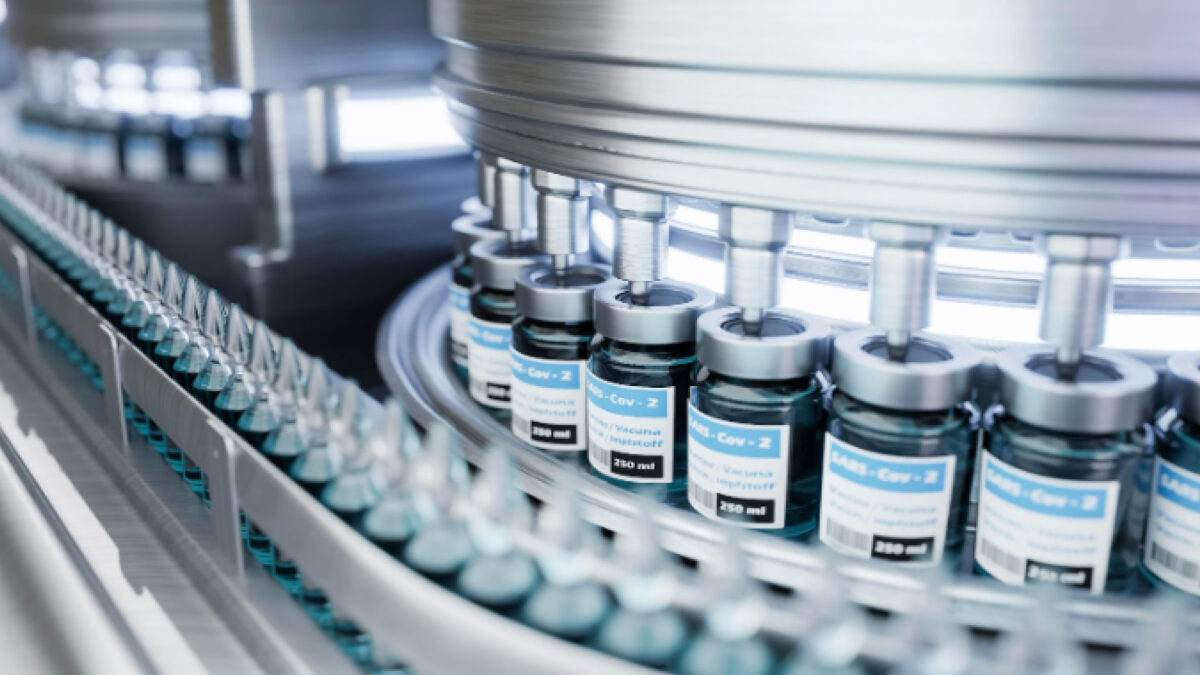
ML-Based Tools for Improving Patient Outcomes, Chronic Disease Management, and Drug Efficacy Testing:
- Patient Outcomes: ML algorithms can analyze patient data to identify factors influencing treatment outcomes, allowing for the development of more effective and personalized therapies.
- Chronic Disease Management: ML-based tools can help in monitoring patients with chronic conditions, predicting exacerbations, and tailoring intervention methods for better management.
- Drug Efficacy Testing: ML can analyze clinical trial data to gain deeper insights into drug efficacy across different patient populations and genetic backgrounds, optimizing trial design and improving success rates.
AI-Powered Clinical Decision Support Systems (CDSS) for Doctors and Healthcare Providers:
- GCCs in India are actively involved in transforming CDSS by leveraging data-driven innovation and AI. These systems integrate electronic health records (EHRs) and machine learning to provide more personalized, intelligent, and adaptive support to clinicians.
- AI-powered CDSS can improve diagnostic precision, ease clinical workflows, tailor treatment protocols, enhance medical imaging diagnosis, provide real-time monitoring of high-risk patients, and extract crucial information from unstructured patient data and radiology reports.
India’s robust ecosystem, characterized by its vast talent pool, advanced technological adoption, supportive government policies, and cost-effective infrastructure, positions it as a global leader in AI and ML-driven healthcare innovation. By establishing a GCC in India, your healthcare or pharmaceutical company can strategically leverage these strengths to accelerate drug discovery, enhance clinical trials, improve patient outcomes, optimize supply chains, and ultimately shape the future of global healthcare.
Astravise Services: Your Partner for Seamless GCC Setup and AI/ML Implementation in India
To further streamline your entry into India’s thriving GCC ecosystem and effectively leverage the power of AI and ML for your healthcare solutions, consider partnering with experienced service providers like Astravise Services.
We offer an integrated approach combining expertise in talent acquisition, process optimization, and technology integration:
- Facilitating GCC setup and management: We provide end-to-end support in establishing your operational base in India.
- Leveraging a deep talent pool: We can help you tap into India’s vast and skilled workforce, including professionals with expertise in AI and ML relevant to healthcare.
- Providing expertise in process optimization: Our experience can help streamline your GCC operations, ensuring efficiency in areas like R&D, clinical trials, and supply chain management.
- Offering financial and HR support: Led by seasoned CFOs and CHROs, our team can provide strategic financial guidance and help cultivate high-performing teams through robust HR strategies.
- Extensive partner network: We also have a network of partners (including seasoned healthcare professionals) to ensure smooth operations in accounting, reporting, taxation, compliance, and due diligence.
By partnering with Astravise Services, your global healthcare or pharmaceutical company can navigate the complexities of setting up and managing a GCC in India while gaining access to the necessary expertise and network to effectively implement cutting-edge AI and ML solutions, accelerating your innovation and achieving your strategic objectives.




